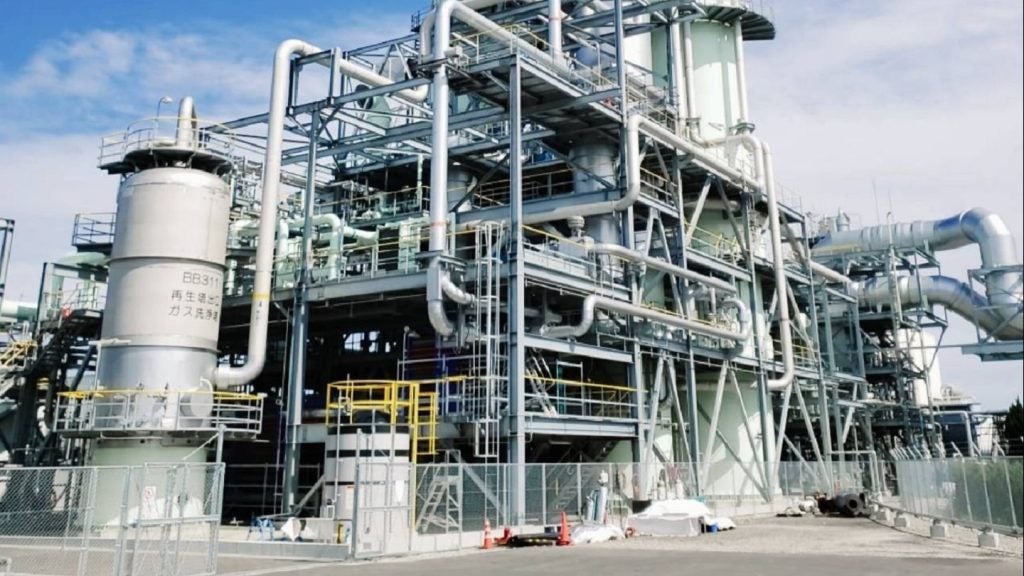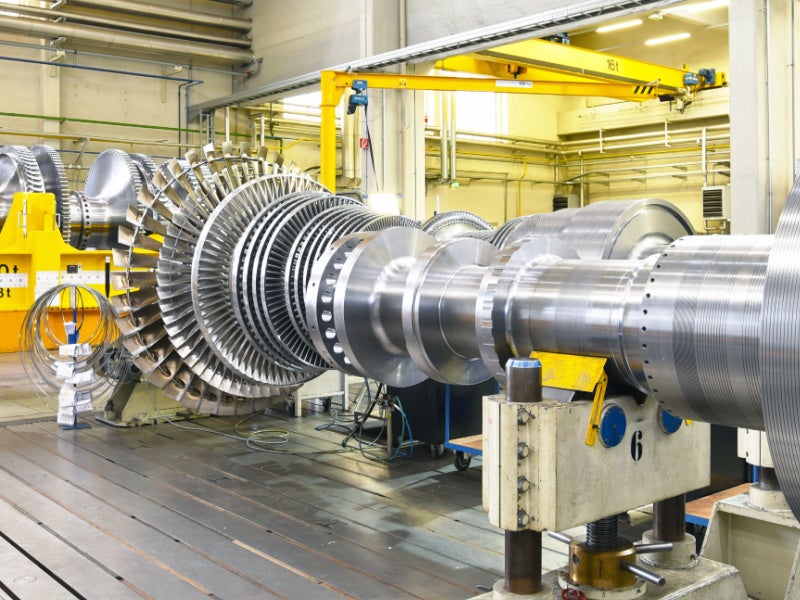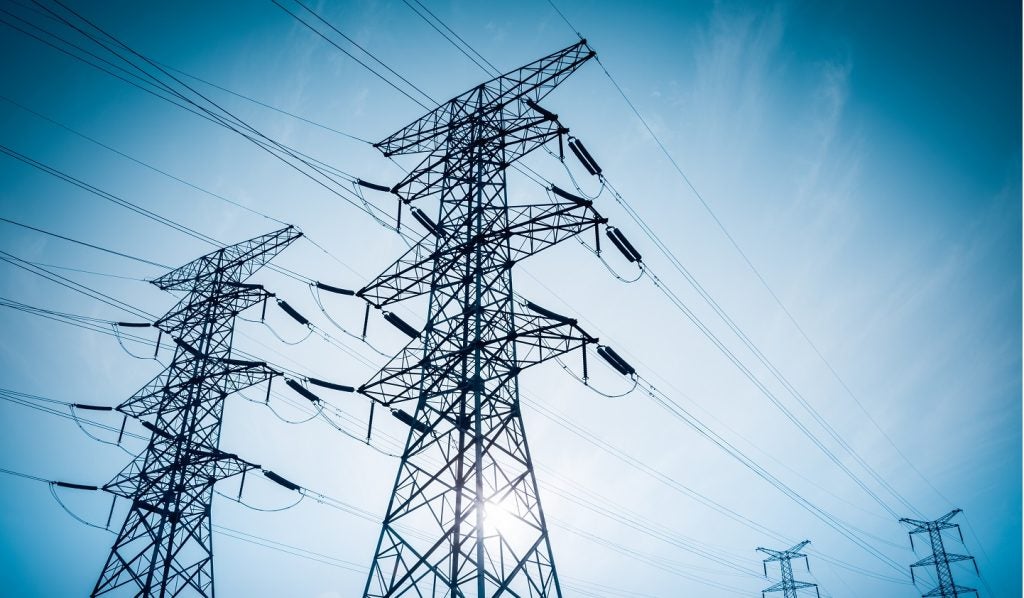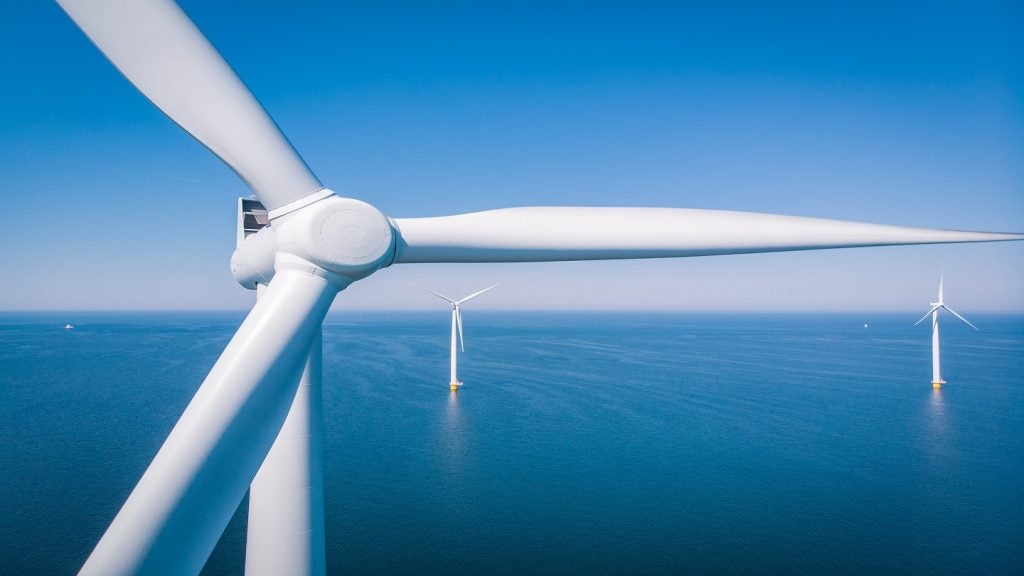Japanese companies are seeking to export carbon dioxide (CO₂) emissions to South East Asian nations for storage underground, with more than 12 projects in the works, according to Kyodo News.
The move comes as the Japanese Government seeks to promote CCS, having set a goal of storing 120–240 million tonnes of CO₂ by 2050, the equivalent of approximately 10–20% of Japan’s current carbon emissions. In February, the Kishida government made a Cabinet decision on the CCS Business Bill, which seeks to financially support operators of CCS technologies. According to the Diplomat, the legislation could be implemented by the summer.
CCS involves capturing CO₂ emissions at the point of production from industrial processes such as steel and cement production, and transporting it via ships or pipelines to storage facilities deep underground.
Trading house Mitsubishi Corp and major oil distributor Eneos Corp are considering liquefying CO₂ emitted from thermal power plants and oil factories in the Tokyo Bay area and shipping it to Malaysia for storage. The project is set to begin in 2030 and expects to collect around three million tonnes of CO₂ annually.
Chubu Electric Power is conducting a feasibility study on collecting CO₂ from plants and factories at the Port of Nagoya for storage in Indonesia, and trading company Sumitomo has partnered with JFE Steel to initiate a feasibility study to collect CO₂ from the Setouchi and Shikoku regions in the west of Japan and transport the emissions for storage in Australia.
While the technology is favoured by the government, costs remain high and relevant projects face local opposition. Environmental groups have rallied against Japan’s decision to promote CCS, arguing that the technology enables the continued use of fossil fuels and the emission of greenhouse gases. In an open letter, Friends of the Earth Malaysia said: “This practice does not only exacerbate the climate crisis but is fundamentally against the principle of climate justice, particularly by dumping CO₂ in countries in the Global South like Malaysia.”












